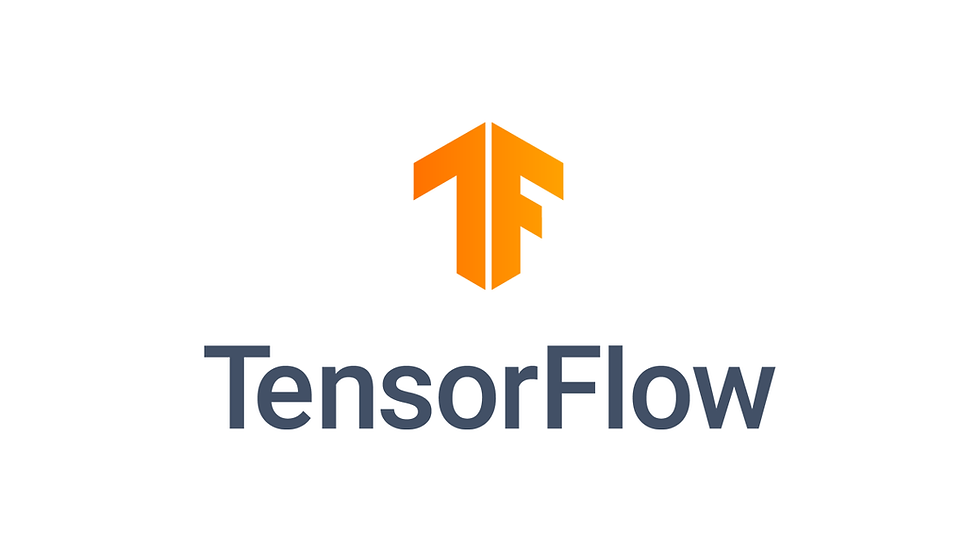
TensorFlow is an open-source machine learning framework developed by Google. It is one of the most popular and widely used frameworks for building and training machine learning models. TensorFlow provides a comprehensive set of tools and libraries that allow developers to build and deploy machine learning models easily and efficiently.
TensorFlow has become the go-to framework for many machine learning tasks, including image recognition, speech recognition, natural language processing, and many others. Its role in machine learning is to provide a set of tools and libraries that enable developers to build, train, and deploy machine learning models.
The key features of TensorFlow include:
Efficient computation: TensorFlow allows developers to efficiently execute machine learning models on CPUs, GPUs, and even distributed systems.
Flexible architecture: TensorFlow provides a flexible architecture that allows developers to build and train a wide range of machine learning models, from simple linear regression models to complex deep neural networks.
Extensive library support: TensorFlow provides a comprehensive set of libraries and tools that enable developers to build, train, and deploy machine learning models.
Open source: TensorFlow is open source, which means that developers can use, modify, and distribute the code without any licensing fees.
Overall, TensorFlow has played a critical role in the development of many machine learning models and has become an essential tool for many machine learning tasks. Its ease of use, flexibility, and extensive library support make it a popular choice for many developers and researchers.
Comments